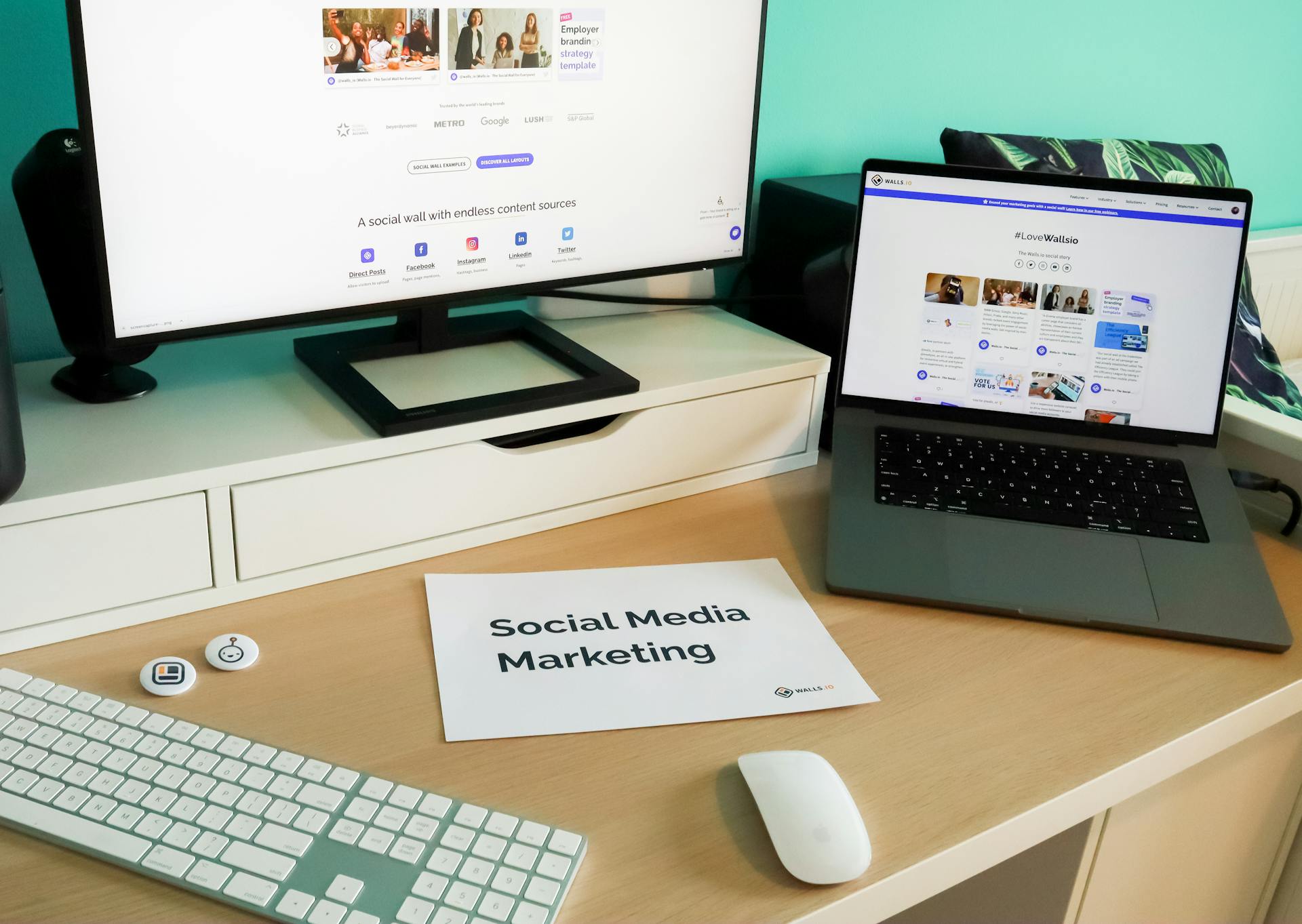Understanding Consumer Behavior: What B2B Companies Can Learn from B2C Trends
- 28 Nov 2024
- Articles
In the bustling world of business, the traditional boundaries between business-to-consumer (B2C) and business-to-business (B2B) marketing are rapidly dissolving. What was once a clear-cut distinction is now a fluid landscape of interconnected strategies and shared insights. As digital technologies continue to reshape how we communicate and conduct business, B2B companies are discovering that the consumer-centric approaches pioneered by B2C brands offer invaluable lessons. In collaboration with Happy Tiger we this article uncovers some of these lessons.
This transformation begins with understanding the digital revolution that has fundamentally changed how businesses interact with their customers. The global pandemic accelerated a trend that was already brewing: the shift towards digital platforms and personalized experiences. Where B2C companies once led the charge in creating seamless online interactions, B2B organizations are now following suit, recognizing that their clients expect the same level of convenience and tailored service they experience in their personal shopping experiences.
Take, for instance, the journey of a mid-sized tech company that traditionally relied on in-person sales meetings. When face-to-face interactions became impossible, they quickly pivoted to an online model that mirrored the best of B2C e-commerce. By implementing data-driven personalization and user-friendly interfaces, they not only survived the pandemic but discovered a more efficient way of connecting with clients. This adaptability speaks to a broader trend: the convergence of B2B and B2C communication strategies.
Social media has been a crucial catalyst in this transformation. No longer just a platform for consumer brands, LinkedIn and other professional networks have become vital channels for B2B engagement. Consider how a leading industrial equipment manufacturer transformed its approach by using social media not just as an advertising tool, but as a storytelling platform. By sharing behind-the-scenes content and authentic narratives, they humanized their brand in ways previously reserved for consumer-focused companies.
This shift towards emotional engagement represents a profound change in B2B marketing philosophy. Where once technical specifications and rational appeals dominated, today's successful B2B companies understand the power of storytelling. They recognize that behind every business transaction are human beings with emotions, aspirations, and personal connections. Mailchimp's remarkable growth story illustrates this perfectly – by sharing their founder's journey and positioning themselves as partners in their clients' success, they transcended the traditional vendor-client relationship.
The multichannel approach further blurs the lines between B2C and B2B experiences. Modern buyers, whether purchasing for personal use or professional needs, expect seamless interactions across multiple platforms. A multinational logistics company demonstrated this by integrating mobile apps, online marketplaces, and personalized customer interfaces. Their 25% sales increase wasn't just about technology – it was about meeting customers where they are and making interactions effortless.
As we look to the future, the lessons are clear. B2B companies must embrace personalization, leverage social media for genuine engagement, create compelling content, and design frictionless user experiences. The most successful organizations will be those that recognize a fundamental truth: whether in business or personal contexts, people crave meaningful connections, intuitive interactions, and experiences that make their lives easier.
The digital economy is no longer about B2B or B2C – it's about human-to-human connections. By learning from consumer trends and applying those insights creatively, B2B companies can transform their approach, build stronger relationships, and navigate the complex landscape of modern business with agility and empathy.








